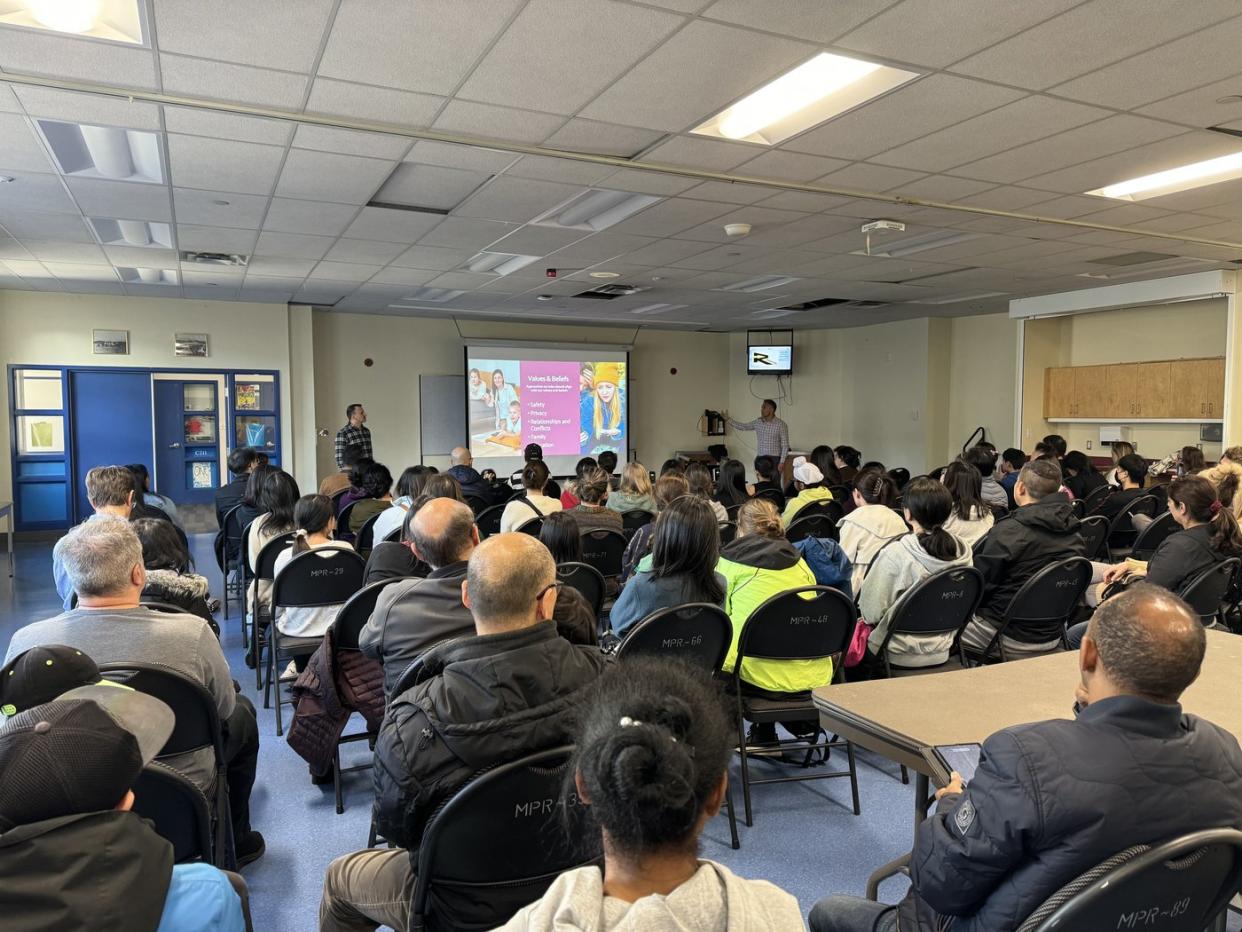Use of personal digital devices will be restricted in Burnaby classrooms

Starting July 1, Burnaby schools will be enforcing a new code of conduct that restricts cell phone and personal digital device usage among students during the school day. Last January, the BC government announced that it is taking three actions to protect children online. The first of these actions is restricting the use of electronic devices among students.
According to the new rules, elementary school students in Burnaby will not be allowed to use digital devices such as cell phones during the school day, including recess and other breaks. Secondary school students are not allowed to use electronic devices during class time but are allowed to use their phones and digital devices during breaks.
“Today, kids live with different challenges than they did a generation ago, and they face them all in the palm of their hand,” BC Premier David Eby said in a statement last January. “While cell phones, the internet, and social media help us connect with each other, they also present risks that can harm kids. The impact and influence of these tools is so great, and the corporations so powerful, it can be overwhelming for parents. That’s why we are taking action to protect kids from the threats posed by online predators and the impacts of social media companies.”
Last month, the Burnaby School District launched parent information sessions to educate parents on building healthy digital habits with their children as part of its initiative to improve digital literacy and well-being. According to Roberto Bombelli, deputy superintendent of the Burnaby School District, the new restrictions are part of the district’s strategy to support healthy student digital habits.
“Our focus in the district has been on supporting students with the skills they need to make smart and safe choices with technology, whether it’s cell phones or other devices, which is part of our digital citizenship and literacy plan,” Bombelli said.
Last November, a child from Prince George, BC died tragically after being sextorted online. After speaking with the boy’s parents, Eby announced the new measures to protect children online.
According to Bombelli, the district consulted with parents, students, educators, and other stakeholders to formulate the new code of conduct. The district presented them with a starting point for the code and invited their feedback.
“We also received some information in particular from our schools, principals, and vice principals to ensure that there was clarity if there was to be any difference between elementary and secondary. The original language we had proposed was more generic in that. So we did that work and ensured there were very clear differences between expectations in elementary school,” Bombelli said.
Bombelli also told the Beacon that the main difference between the new code and previous rules in Burnaby schools is that the rules around digital device usage in classrooms are now codified and formalized. Previously, the rules were created and enforced by each school principal, and while most schools banned cell phone usage among elementary school students during the school day, it was not part of the formal code of conduct for all schools.
According to the BC government announcement from Jan. 26, the government is planning on taking the following three actions to protect children online:
“restricting the use of cellphones in schools;
launching services to remove images from the internet and pursue predators; and
legislation to hold social media companies accountable for the harm they have caused.”
In March, the province announced that it will introduce new legislation to hold social media companies accountable for any harms done to children, but the bill has been on hold since April. Instead of holding the social media giants accountable, the BC Government said it is collaborating with the companies to ensure online safety.
“We’re pleased to share that Meta, Snap, TikTok and X have agreed to work collaboratively with the Government of British Columbia to move forward this important work. Together, we are forming the BC Online Safety Action Table,” a BC Government official statement said.
“The Province will place Bill 12 on hold as we convene the first meeting of the table to discuss the tangible steps we can take to help ensure British Columbians have safe, empowering experiences online.”
Lubna El Elaimy, Local Journalism Initiative Reporter, Burnaby Beacon


